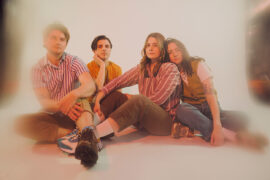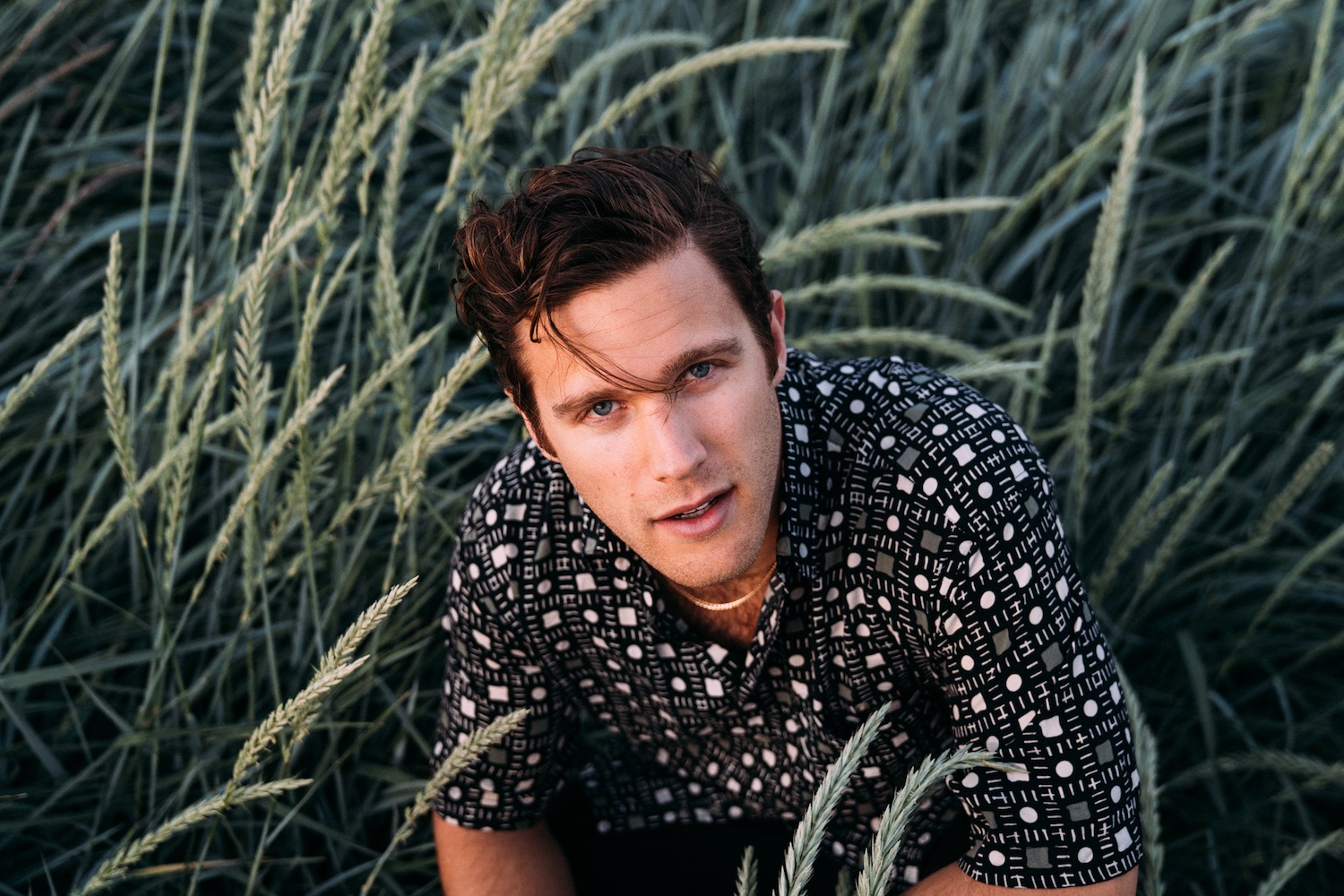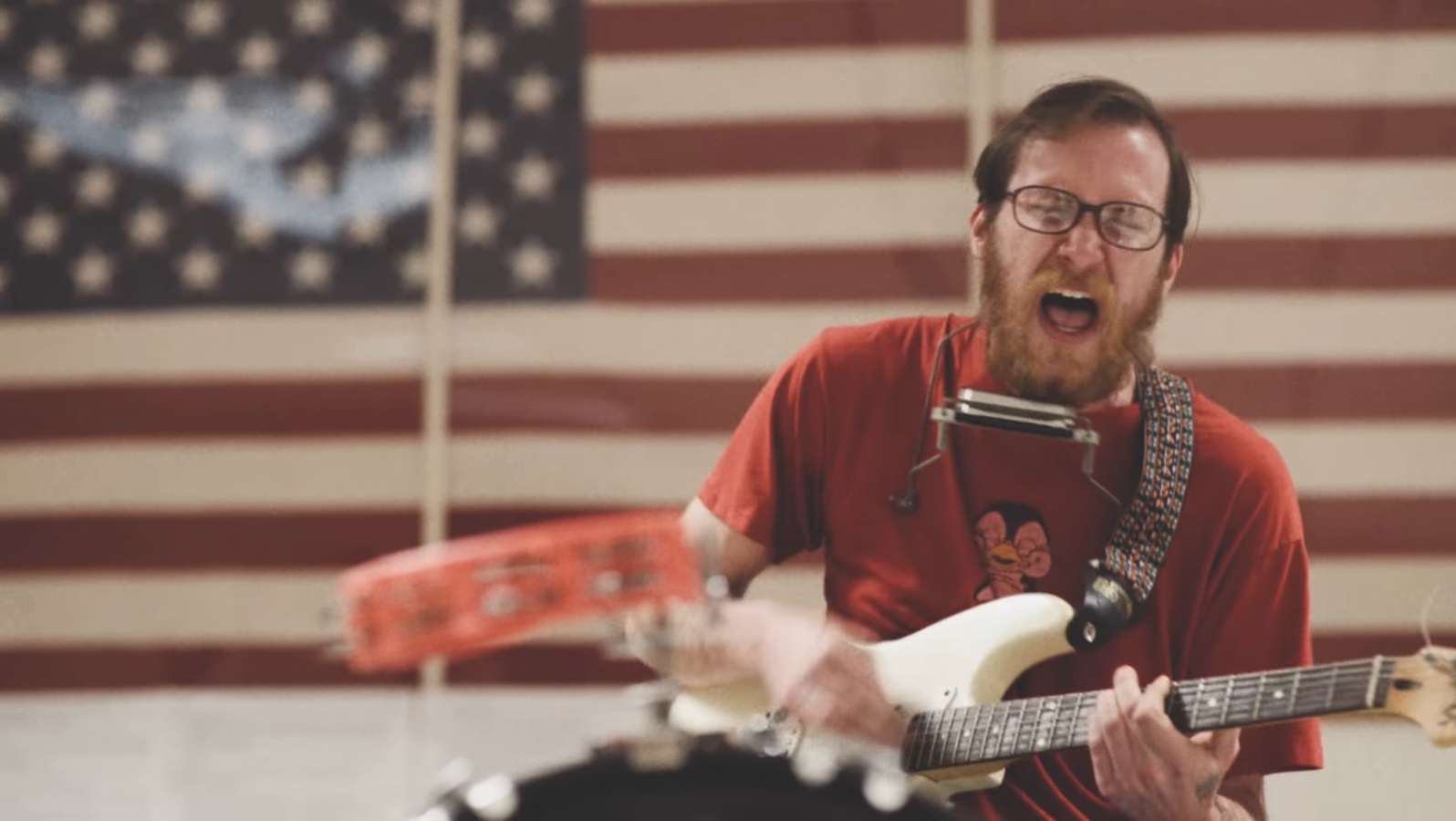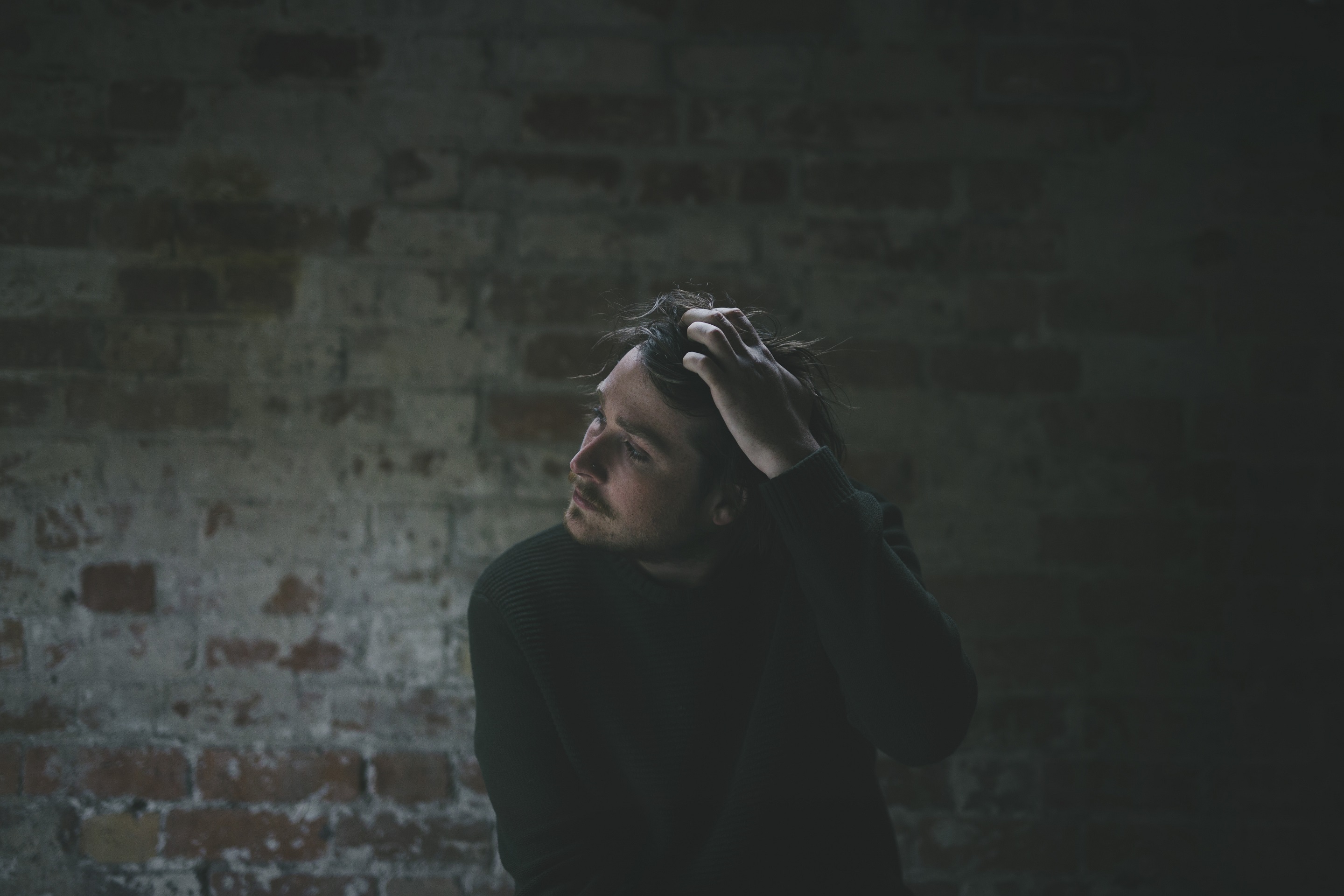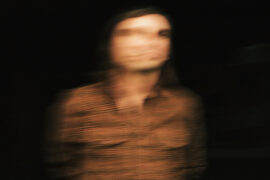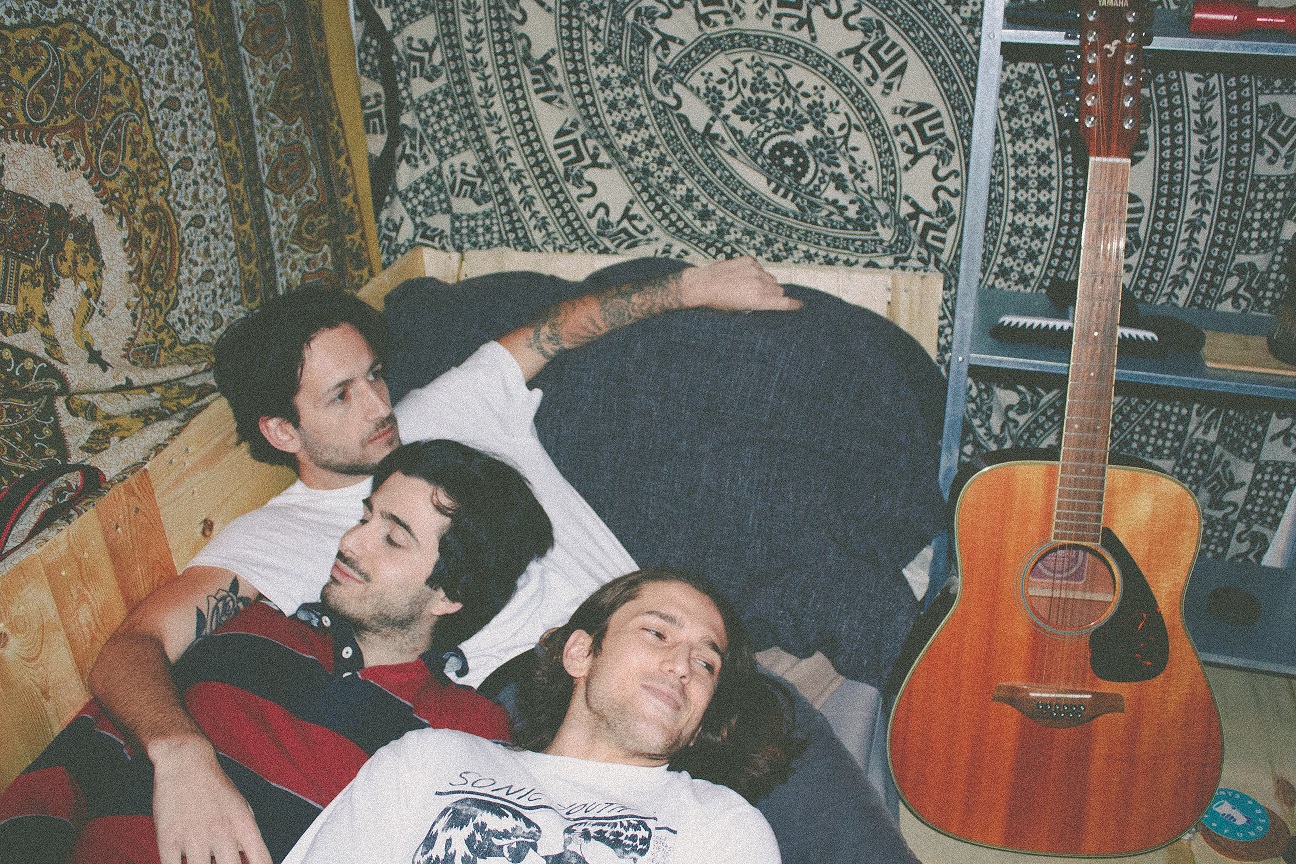Dizzy’s Katie Munshaw talks about how their approach to music changed from ‘The Sun and Her Scorch’ to ‘Dizzy,’ what influences contributed to making the new record, and how maturity has helped them along the way.
Stream: “Open Up Wide” – Dizzy
I said no a lot, I said yes to myself a lot, even when I didn’t feel very strong in a lot of those decisions.
In the process of making each album, Ontario’s Dizzy have rediscovered themselves as a band – and creating their self-titled third record was no different.
However, unlike before, along with rediscovery came a slight rebrand of sorts. Gone are the album and single covers with all four bandmates Katie Munshaw, and Charlie, Alex, and Mackenzie Spencer on the front, and in their place are small figurines and a masked character that are continued into the visuals accompanying the album too.
“As a band, we landed on the idea that the mask is a symbol for all of us. It is Dizzy,” Katie Munshaw tells Atwood Magazine about the decision to use the mask.
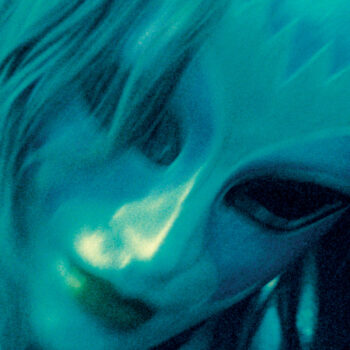
On a record full of themes of adulthood and maturation, remaking their image follows along with the years of music industry experience Dizzy capitalized on to make it. By using the mask to take a step back image-wise, the band was able to further explore the vulnerability of their music.
Dizzy’s Katie Munshaw, Charlie Spencer, Alex Spencer, and Mackenzie Spencer have grown considerably since the release of their second album The Sun and Her Scorch along with Separate Places, a five track EP consisting of reworked songs from the same album. Now, they are able to look back at the days of their 2018 debut Baby Teeth and The Sun and Her Scorch and recognize the mistakes they made with the all-knowing wisdom of experienced musicians. In this time, Dizzy have grown into themselves, gaining the confidence to finally create the record they’ve always wanted to make.
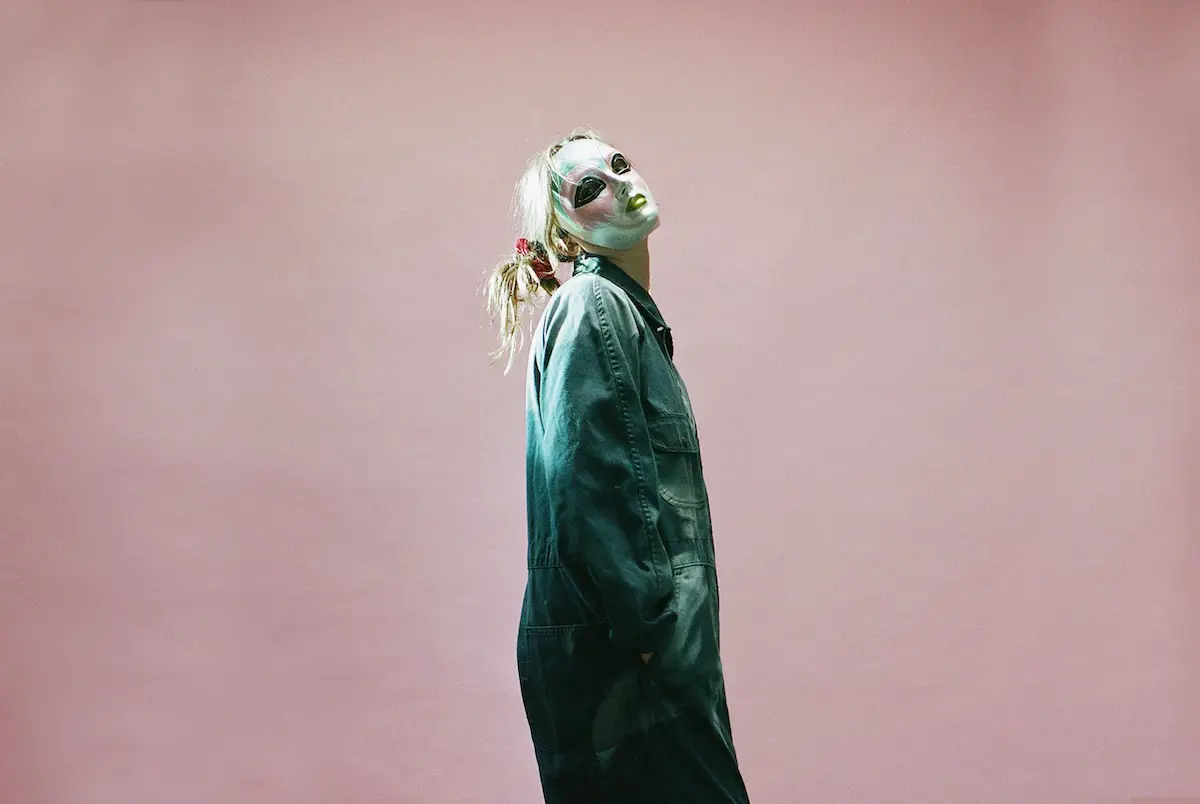
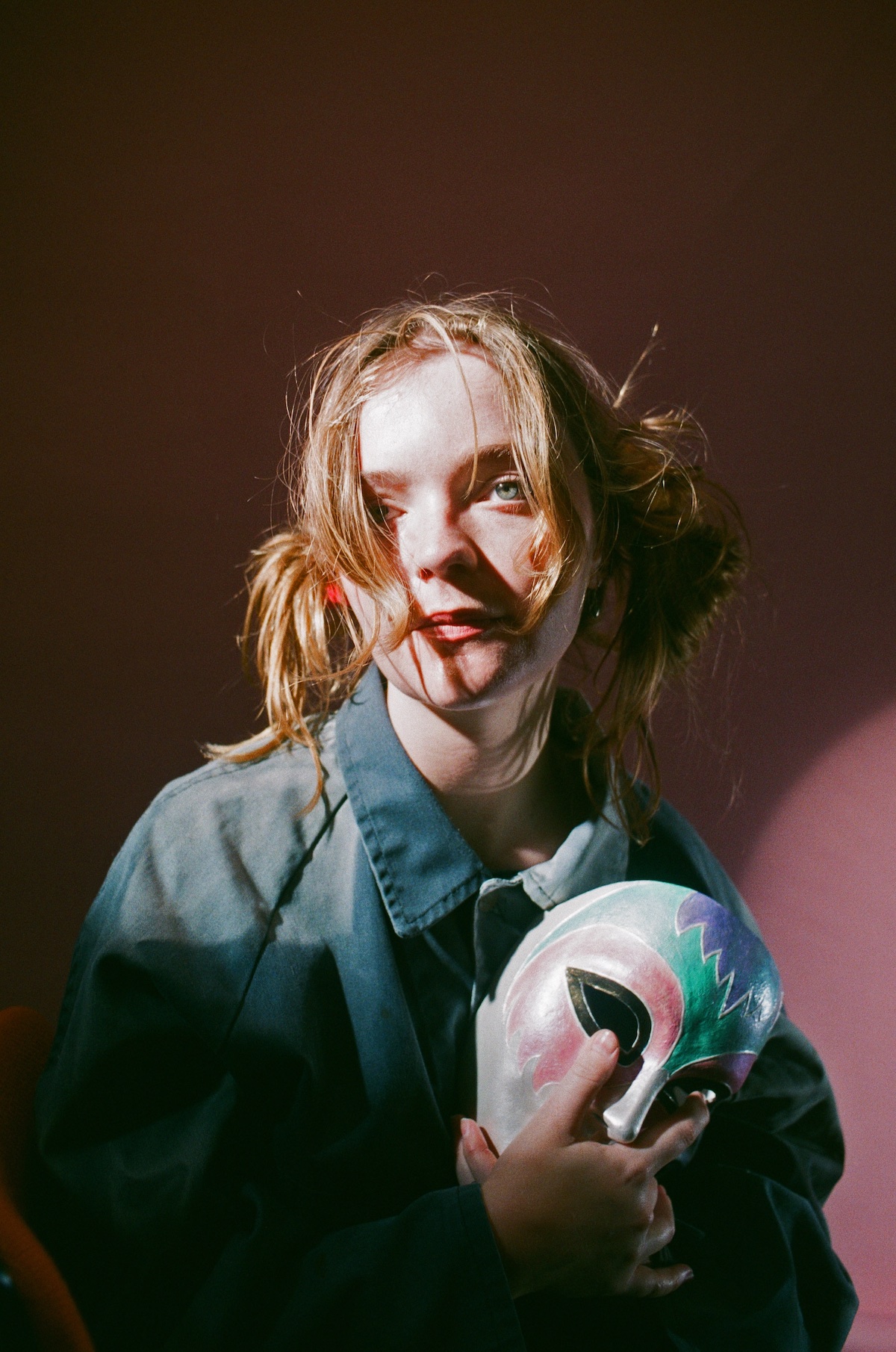
Dizzy represents where the band now stands in the scope of growth and maturity.
Fraught with common anxieties we all experience as we age, the message in the record remains hopeful, just as the band continues to remain hopeful of their future. Through the record, Dizzy are able to delve into their vulnerability in the sometimes harsh realities of adulthood while always staying true to what makes their sound unique. This bold body of work presents Dizzy’s confidence as more grounded and mature than before.
Atwood Magazine reconnected with Dizzy’s frontperson and songwriter Katie Munshaw to talk about how their approach to music changed from The Sun and Her Scorch to Dizzy, what influences contributed to making the new record, and how maturity has helped them all along the way.
I’ve grown up a lot since ‘Baby Teeth,’ and I realized I’m not a perfect person, and I don’t have all the answers, and I’ve been an asshole, and a lot of these songs reflect that. It’s realizing who I am as a person, coming to terms with who I am as a person.
— —
:: connect with Dizzy here ::
A CONVERSATION WITH DIZZY
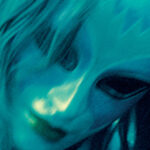
Atwood Magazine: Hi! Thanks so much for taking time to do this. You guys are on tour right now, right?
Katie Munshaw: Yeah, we’re currently on tour supporting Joywave. They’ve been amazing, so supportive and really fun to be with, so it’s all just been a really great experience.
I’ve been listening to it for the past week, it’s really good! I love it!
Katie Munshaw: Thank you, thank you so much, yeah we worked really hard on it, so thank you for saying that.
When announcing the album on Instagram, you said “this is the album you’ve always wanted to make,” do you want to elaborate on that a little bit?
Katie Munshaw: Totally, yeah, so it’s our third album. With the first two: our first record, Baby Teeth, we were very young and didn’t really know we were making an album when we were writing it, we just had a bunch of songs that we wrote to play live in our hometown, Oshawa. And we quickly got linked up with management and a label, and they asked us “do you have a record” and we were like “I guess, we have some songs that we play” and that was Baby Teeth. We worked with a wonderful producer and it was a wonderful experience and I’m glad we worked with him, but we were so young and we didn’t know what we wanted to sound like; and again, those songs were just what we had. So that record was kinda what it was called, it was “baby teeth,” it was growing pains.
For the second record, you know, we were in our early 20s, feeling a little bit rebellious, feeling like we wanted to do it ourselves, and we did. We self-produced, and it was a lot of fucking work; with the record, I think we went a little too far in the other direction of not wanting help and having a lot of pride, and in that way it felt really juvenile as well. So I guess when I look back at those two records, I feel like there were a lot of mistakes made, which is fine, it’s a part of growing up and learning who you are as a person and as an artist.
But with this record, I didn’t want to do that, I didn’t want to look back and be like “Oh goddamn, I wish we did this visually, and I wish I hadn’t said no to that thing that somebody told me sounded cool or looked cool. I wish I went with my gut.” So for this record, that’s what I did. I said no a lot, I said yes to myself a lot, even when I didn’t feel very strong (laughs) in a lot of those decisions. But yeah, it is the record that I feel is the most wholly us.
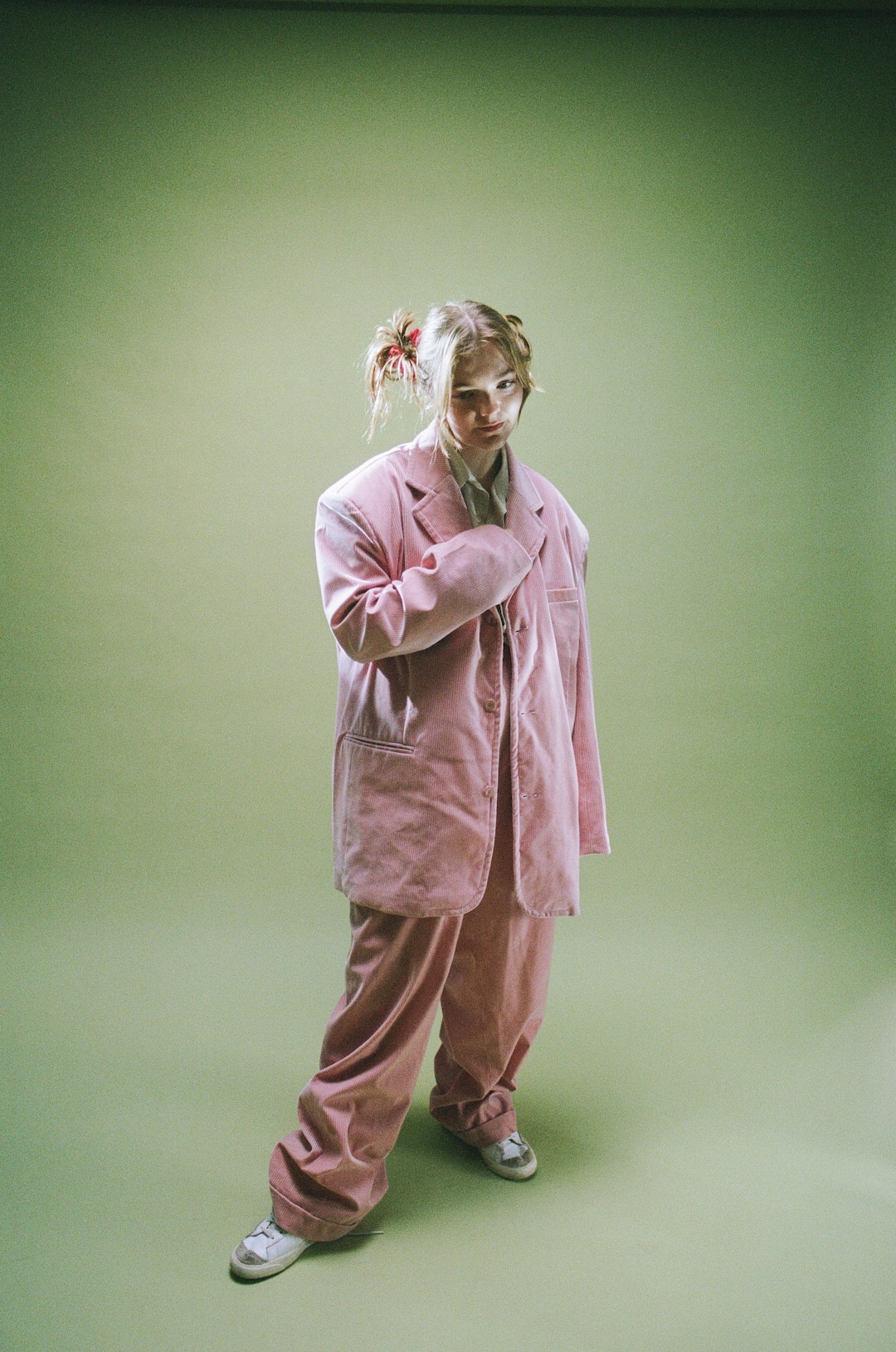
That’s great. It feels a bit darker than your previous two records, if that makes sense. The previous two were poppy in a fun way that hid the underlying emotions of the lyrics, but this one feels darker, sonically.
Katie Munshaw: Yeah? Okay, cool I love that you got that from that. I guess so, yeah, there are quite a few cuts that are a little darker, like “Salmon Season” and “Starling.” I think that is more of our own tastes bleeding through into it, we’ve always been big fans of bands like Daughter and London Grammar, who are kind of darker like that.
Yeah, like “edgy” almost!
Katie Munshaw: Yeah, totally, totally! (laughs)
Going along with the “edgy vibe” – we’ll just call it that– in the music videos for “Barking Dog” and “Birthmark,” you’ve been wearing a mask. It’s kind of like an alter ego or a new persona. It almost feels like even with this album cover, you guys are rebranding yourselves, and the mask is “Dizzy” versus all of you in the band. Was that the goal?
Katie Munshaw: Yeah I would probably agree with that, I think. I definitely felt a little odd when we started talking about me potentially wearing the mask. Because that was a lot of zoom calls with different people, even just within the band, of “does this feel right?” And as a band, we landed on the idea that the mask is a symbol for all of us. It is Dizzy.
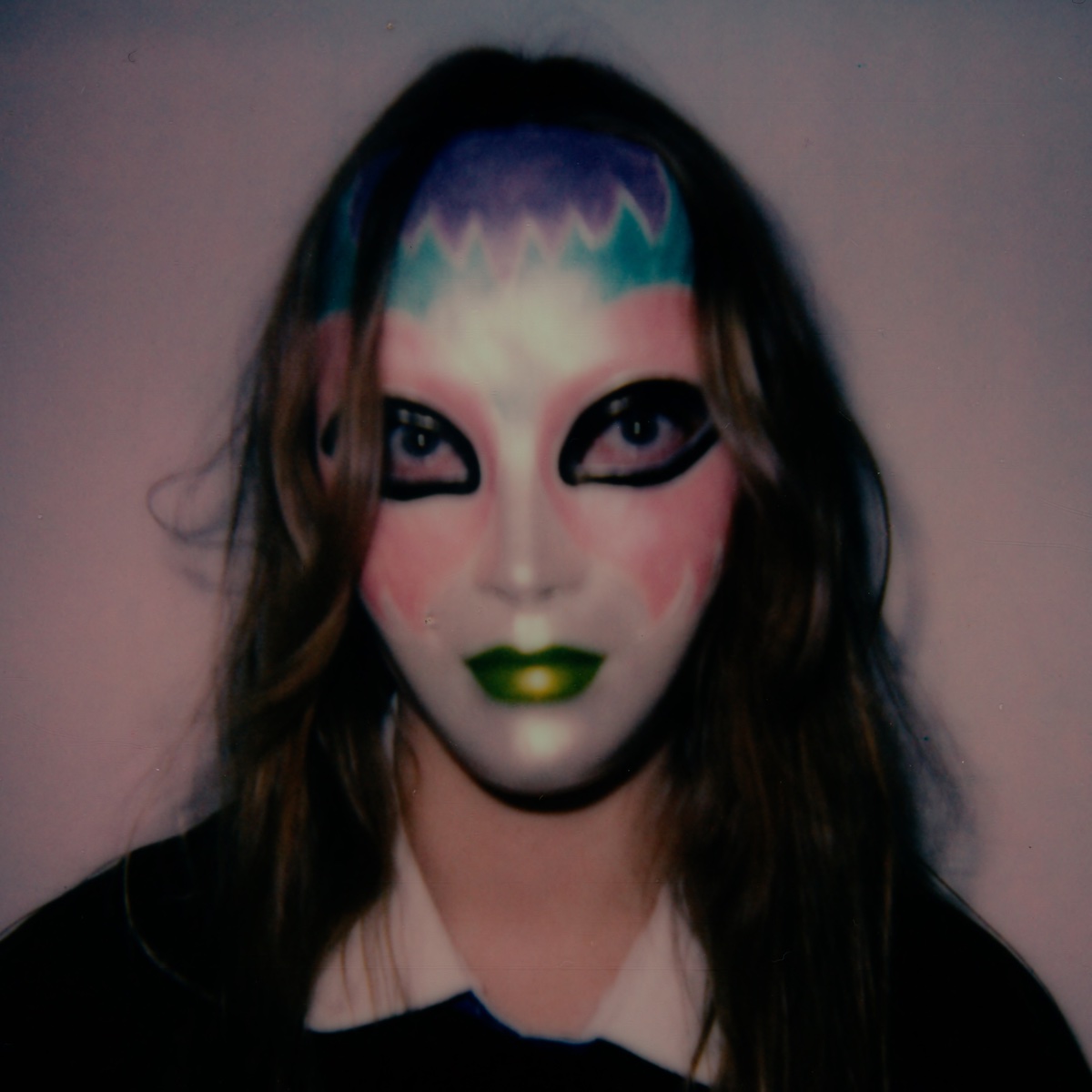
That makes sense. I think it kind of plays into how, with this album being self-titled, the shift really says “This is Dizzy.” It’s a bit of a shift, it’s your edgier side, if you will.
Katie Munshaw: Totally, and it does lead back to what I said at the beginning, that was talking about saying no to somebody who was like “this is what you need to look like, this is what your videos need to look like, this is what you should sound like.” And especially in the visuals is where we pushed back a lot and were like “actually you know what, I’m going to get my friend to make all the visuals” and they look fucking sick! I’m so proud of all the visuals for the record, and I wish I had just pushed back a little earlier on in our career. But yeah, that’s the product that we have landed on.
The music videos are amazing, honestly they’re so good. It’s like a whole story.
Katie Munshaw: Thank you, like I said, I’m so proud of how those turned out. We worked with our friend Ryan Faist, who did all the visuals. So the photos, the press photos you see, all the videos, the cover: he did it all. I think you can tell that it’s a linear sort of story arc, just like you said.
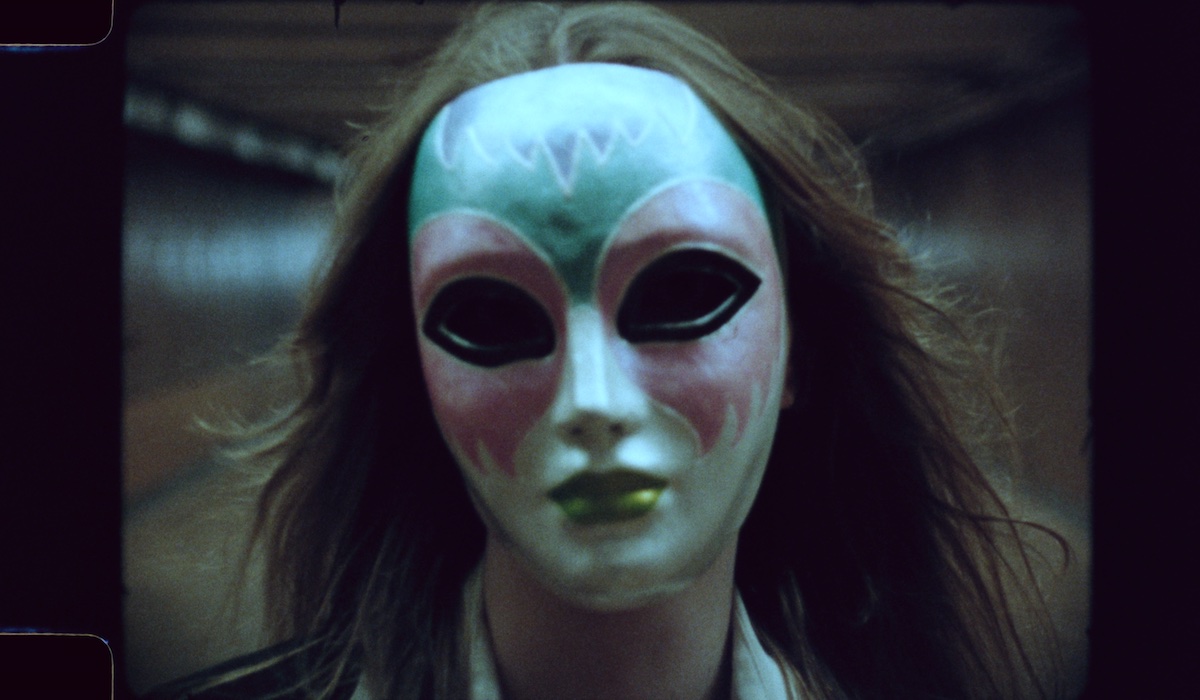
Yeah, it all looks very cool. Even the single covers fit into that narrative. They’re kind of a tease for what the video is going to be. I noticed the single cover for “Birthmark” is a little devil figurine, and there’s a devil character in the video. Now I’m excited to see what’s to come for the other singles.
Katie Munshaw: Yes, exactly! I’m glad you saw that, I feel like a lot of those things go unnoticed, so thank you for that.
And the cover for “Open Up Wide” is a colorful bunny with a pink head, and that kind of image appears in the video too! Speaking of “Open Up Wide,” it’s about the music industry? Do you want to talk about how that came about?
Katie Munshaw: Basically, the way “Open Up Wide” happened: for this record we worked with a wonderful producer, his name is David Pramik and it was such a good experience. Basically, he’s like this big pop nerd who is so good at what he does, and that’s the reason why we wanted to work with him in the first place. I think we can get in our own heads about what sounds cool, and what cord is cool, and what synth is cool, at least in the first two records that was what we got caught up in a little bit, and you can waste a lot of time doing that. So enlisting him was a really good tool for us because he’s so pop-forward.
But on the other hand, I think we all had a little monster in the back of our head when we were working with him, in like his motto is “make sure if this is the single, we need to spoon feed the listener. We need to make sure they get the hooky-line, and we need to make sure that hooky-line is the best it can be” – that was something he said a lot “make sure it’s spoonfed.” And we were all feeling a little bit resentful after a day of ideas that had been shot down, and we woke up the next morning and were like “if you want a fucking spoonfed song, here we go,” and we wrote “Open Up Wide.” Open up wide baby! (laughs)
Singing about the music industry makes it seem like you’re calloused a bit. Artists often write songs about how much the industry sucks, but this one isn’t quite that same message.
Katie Munshaw: Yeah it’s about the bending, bending to the rules. It is a bit calloused, but it’s about compromise as well.
With the previous two records, you mentioned writing songs about heartbreak. For Baby Teeth, it was about romantic heartbreak. And for The Sun and Her Scorch, it was self heartbreak. Would you say this record is also about heartbreak?
Katie Munshaw: Oh yeah, I did say that before (laughs) let’s see, what is this fucking album about (laughs) let me think.
To me, it seems like this one is about childhood heartbreak almost, like becoming an adult and saying goodbye to your past.
Katie Munshaw: Oh totally, yeah that’s very true, I think I always write from that place, it’s not a unique place to start from, I think everybody usually does that, creative minds. But I definitely think there’s a thread of childhood trauma that is rearing its ugly head through this record. There are some more self heartbreak songs; like I said, I’ve grown up a lot since Baby Teeth, and I realized I’m not a perfect person, and I don’t have all the answers, and I’ve been an asshole, and a lot of these songs reflect that. It’s realizing who I am as a person, coming to terms with who I am as a person.
It was hard to pinpoint how exactly this fit in the realm of heartbreak, which is why I thought maybe it was childhood heartbreak.
Katie Munshaw: I love that you didn’t immediately think romantic heartbreak because sometimes I feel that I can tell when I listen, like “oh yeah this is about their boyfriend, this is about their girlfriend.” And I wonder why I’m thinking that, and then it comes up later in an interview and they say “this is about my dog.”
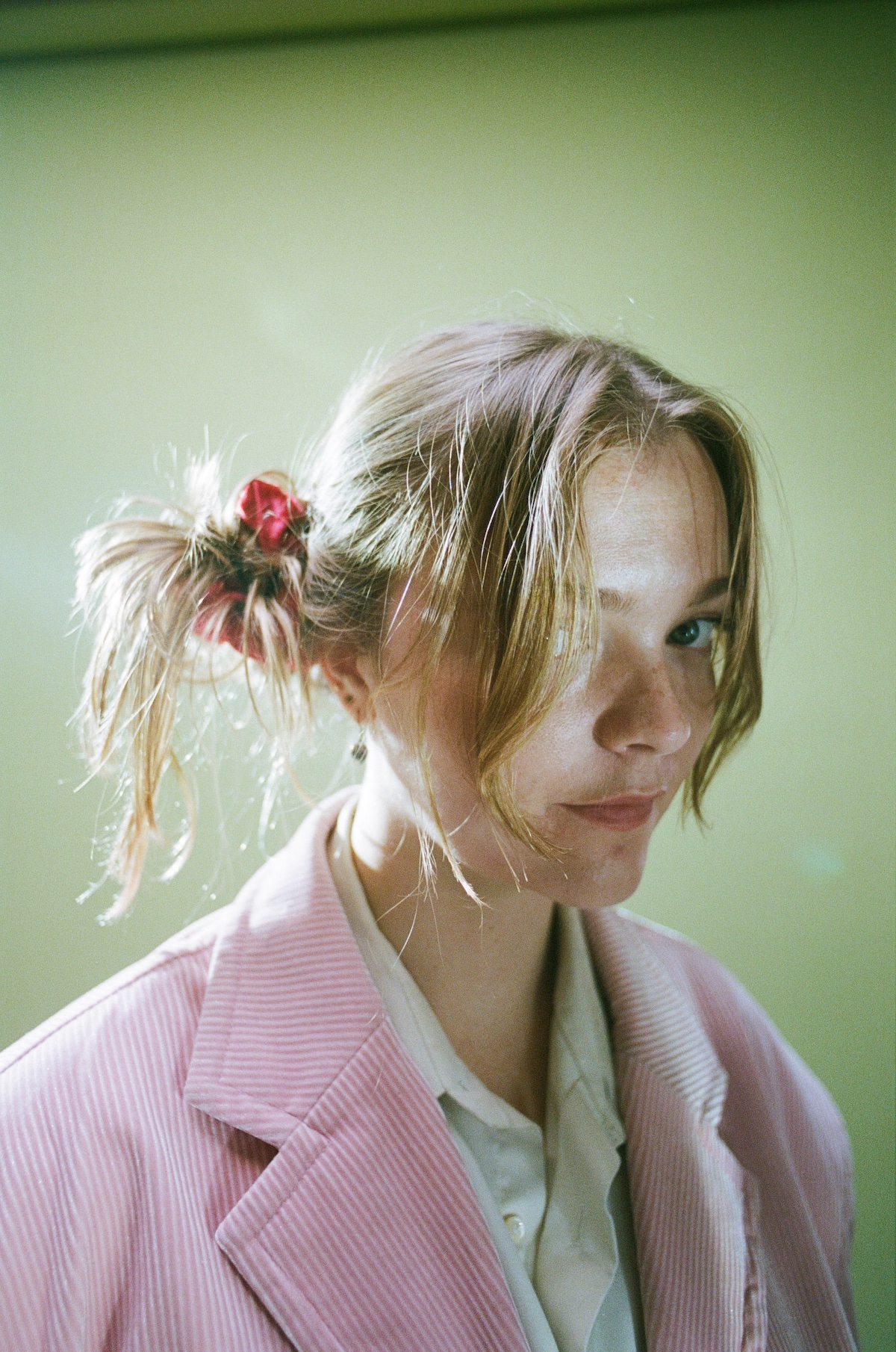
This record seems to focus more on accepting being an adult.
Katie Munshaw: Yeah totally, I think that’s what I’m in the process of doing right now (laughs) so you’re probably picking up right on that for sure.
Going along with the past references and childhood, there are several voice memos in this record. I really like that you guys included them, I think it makes the music seem more real, like your personal lives are more present in your art.
Katie Munshaw: Totally, yeah! I think we do that a lot, and I think with the voice memos on this record, we were like “we have so many good ones, but are we overdoing it?” So I’m glad you said that.
You mentioned earlier that with the first two records you all felt pressure to collaborate or not with other people. And in 2021, you guys released a collaborative EP, Separate Places, of reworked versions of songs from The Sun and Her Scorch done with other artists. Do you all have any intentions of doing something like that for this record as well?
Katie Munshaw: Maybe, I think there’s a world where we might do an acoustic album, or possibly some reworks. I think there are some songs on the record that are more upbeat, like “Birthmark,” and we did do an acoustic version of “Birthmark” because it is such a sad song masked by poppy production. I think there are some other songs on the record that could lend themselves to that same setup. So possibly, I’d be interested in it.
There are a couple dog references throughout the record. Are you referring to yourself or Dizzy – the band or the mask – as a dog?
Katie Munshaw: Yeah, I’m interested in dogs in a way that they are these really innocent creatures that sometimes aren’t. They’re innocent, vulnerable creatures that humans can either take advantage of or care for. I think that is definitely a theme of the record that maybe I’ve unknowingly included. I definitely think that the dog is a symbol of me.
Yeah I once learned that the way dogs evolved from wolves and became domesticated was because they started relying on humans for food, so they became cuter and less predatory. That kind of plays into what we’ve talked about from the record a bit, that dogs literally rely on us. They did it to themselves, but we also did it to them.
Katie Munshaw: Yeah definitely, it’s all very cyclical and dark, and fucked.
Yeah, just like the new album. (laughs) No, no, I’m kidding.
Katie Munshaw: No, no it’s true. (laughs)
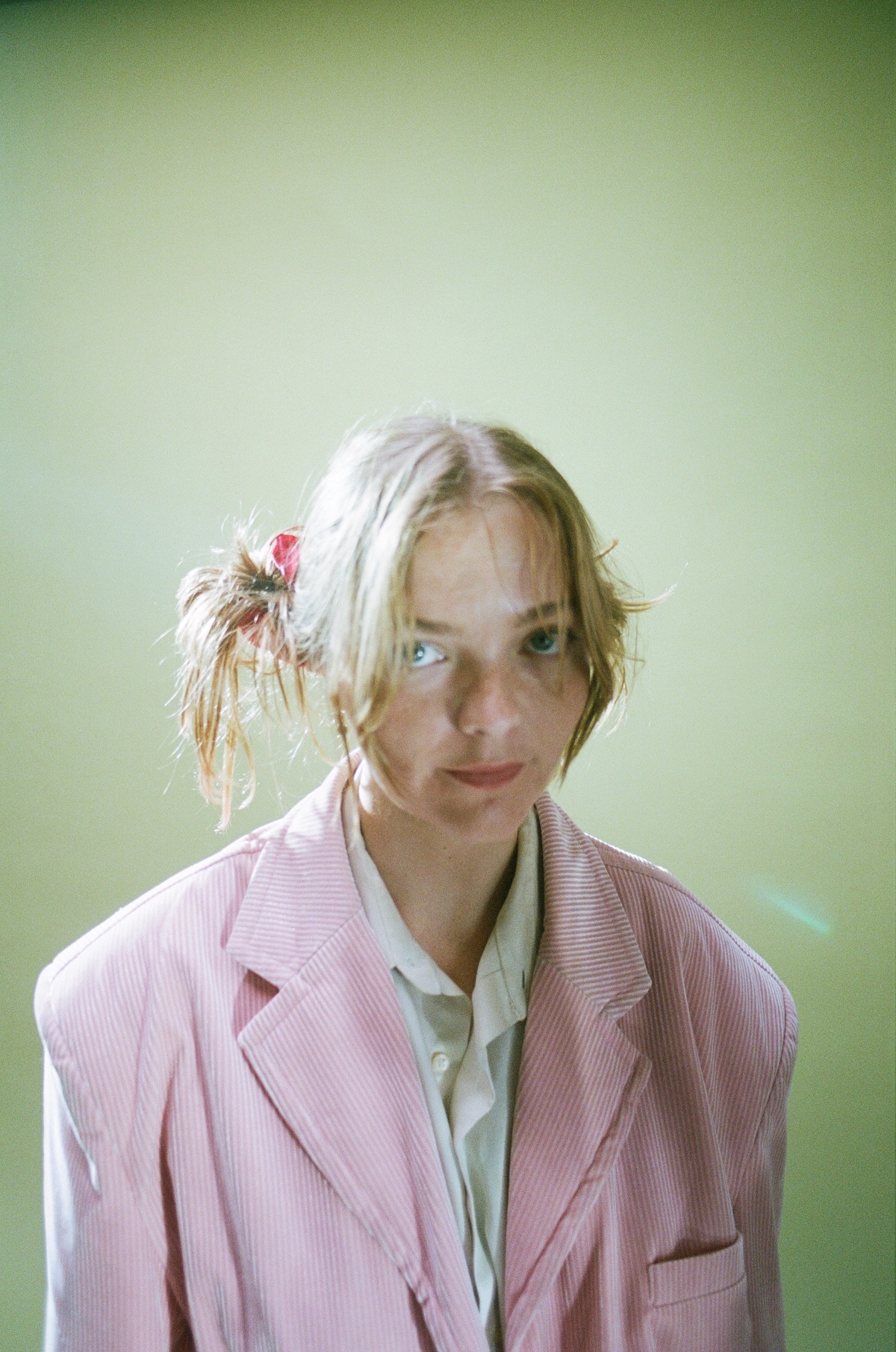
Dogs are innocent, vulnerable creatures that humans can either take advantage of or care for. I think that is definitely a theme of the record that maybe I’ve unknowingly included. I definitely think that the dog is a symbol of me.
There are also several references to water in the record, is that also intentional?
Katie Munshaw: I’m probably recycling some of my old tropes, perhaps. I’ve always written about water, and I think, in a way, I do really gravitate towards water. I was a really big swimmer, I had my lifeguard license, blah blah blah, that kind of thing. But on the other hand, I think it’s also a pretty common metaphor to use for writing. So maybe it’s a bit of both.
Yeah there are a couple of songs on Baby Teeth that reference swimming (“Swim” and “Backstroke”). But then in “Knock the Wind,” there was a line about killer whales.
Katie Munshaw: Well, whales are another story. I have always been obsessed with whales. My bedroom in my childhood home was dolphins, which isn’t a whale, but I had dolphin wallpaper all over the room, my bedsheets were dolphins. (laughs) Okay, maybe I am a water girl for sure. I also wanted to be a marine biologist. I’m obsessed with whales to this day, like when I’m feeling anxious about anything, I will put on a whale documentary.
And “Salmon Season” also goes back to water, because of “salmon,” but also the line “breathing underwater.”
Kaite Munshaw: With “Salmon Season,” my dad and I used to go to a creek near my house and watch the salmon jump at a specific time of year, and that’s where that phrase is from.
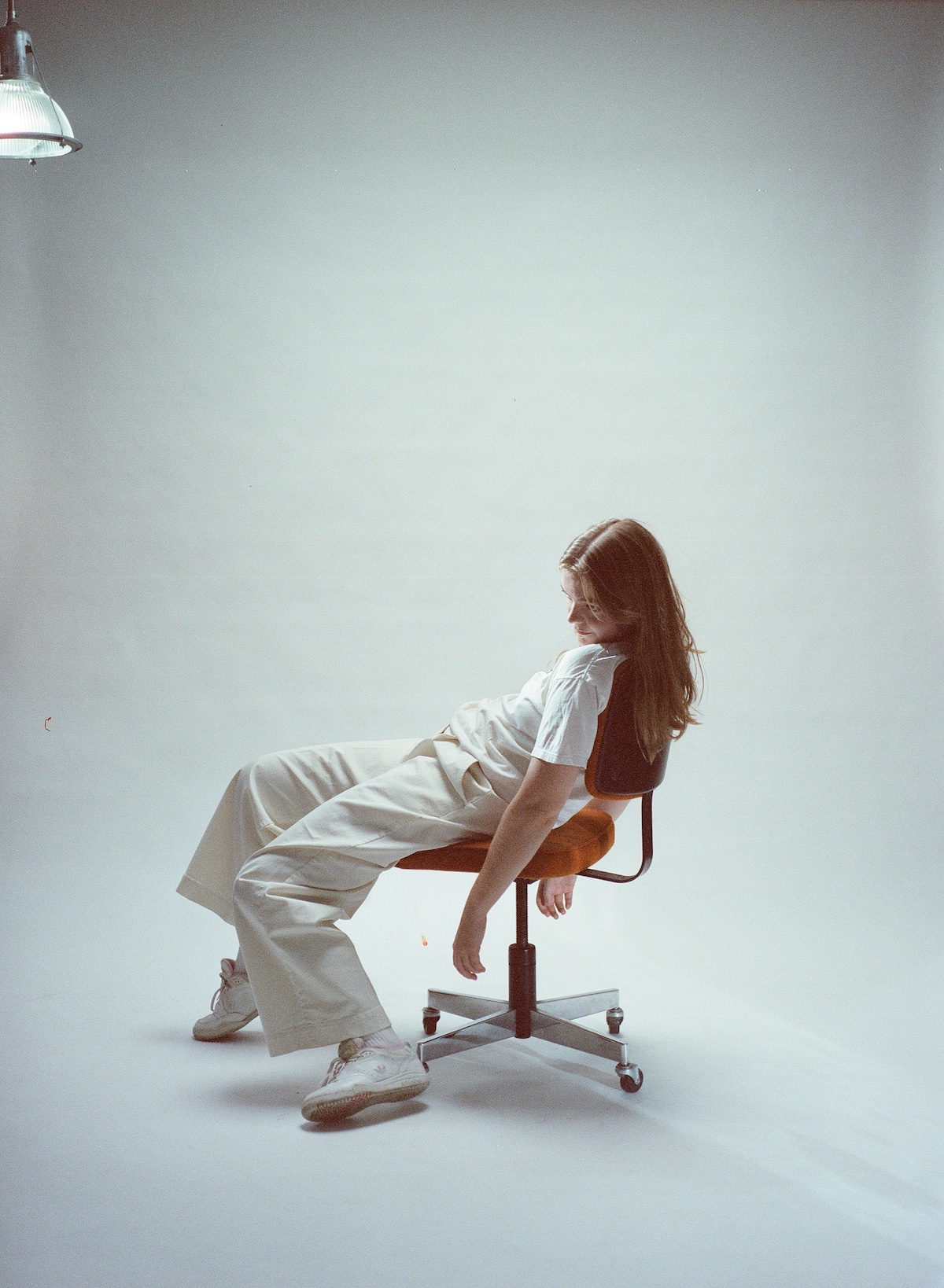
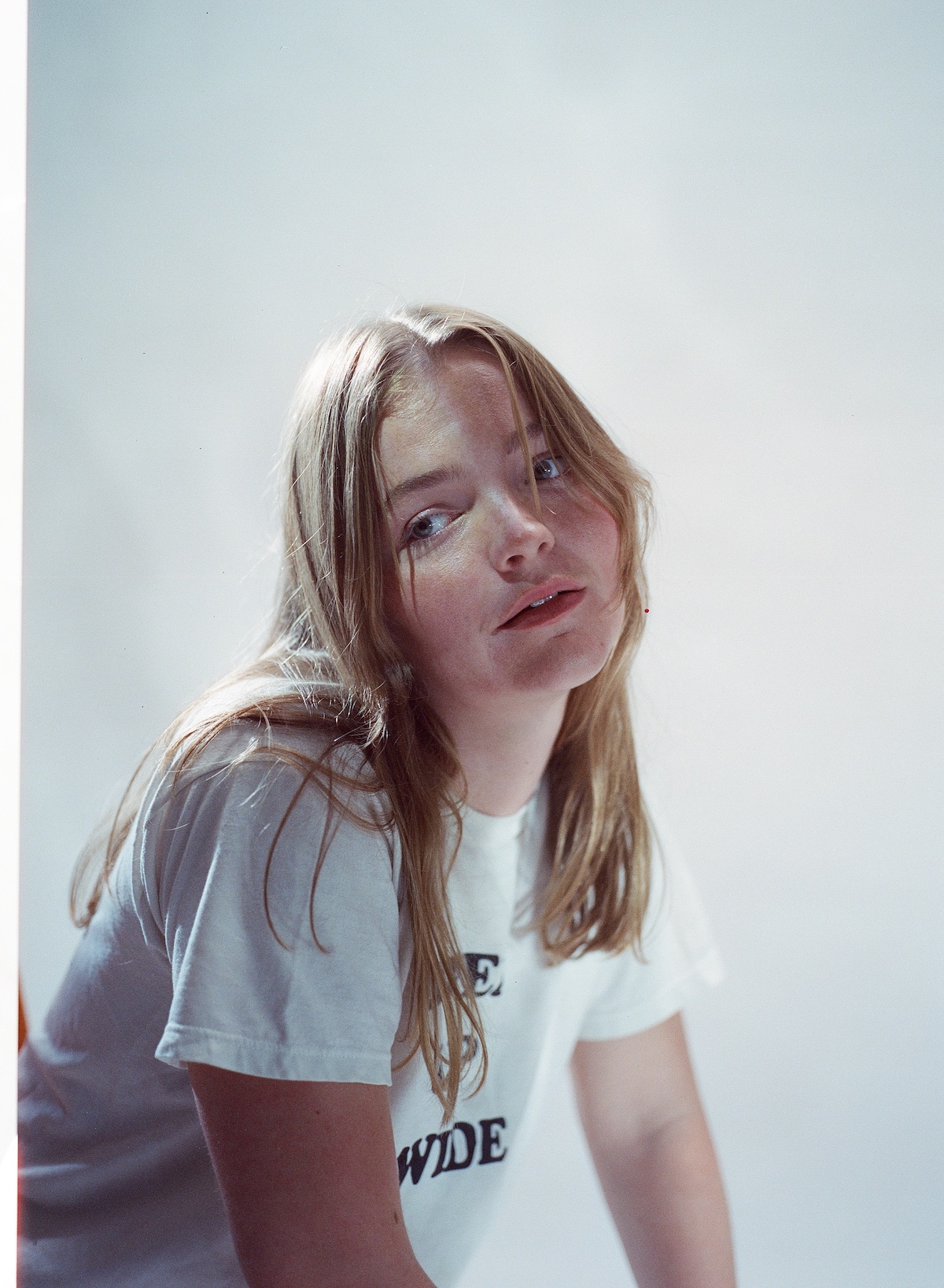
In the tracklist, “Barking Dog” is later on in the record, but you guys released it as the first single. How did you guys decide the order of the singles for this record?
Katie Munshaw: With the record, we were a bit nervous to put it out there. There are a couple songs on it that are quite poppy, like “Open Up Wide” and “Birthmark.” It was a bit of a step in a different direction for us with those songs, and to put one of those out first felt a little daunting, like we might alienate some people. Whenever we sent the record around, before any of the songs were out, “Barking Dog” was the one song everyone was like “Well that’s it. That’s a Dizzy song, and that’s my favorite song on the record.” I think it’s one of my favorite songs on the record too, so it felt like a good place to start. It’s a good example of our writing.
Yeah, it’s a good way to test the waters a bit, start with something more similar to your previous stuff, and then it will get more different as you go on into the record.
Katie Munshaw: Yeah definitely, it’s a way to not freak anybody out off the bat.
To end, can you possibly sum up Dizzy with one lyric from the album?
Katie Munshaw: One lyric for the whole album… (pause) It would probably be something from “Knock the Wind” or “Barking Dog.” Maybe the very first line of “Barking Dog” is a good theme for the record. “It is not your fault that you wield a dullish sort of knife / you are made up of atoms from someone who, like a wishbone, has left you in the sun to dry.”
— —
:: connect with Dizzy here ::
— — — —

Connect to Dizzy on
Facebook, Twitter, Instagram
Discover new music on Atwood Magazine
© Boy Wonder
:: Stream Dizzy ::

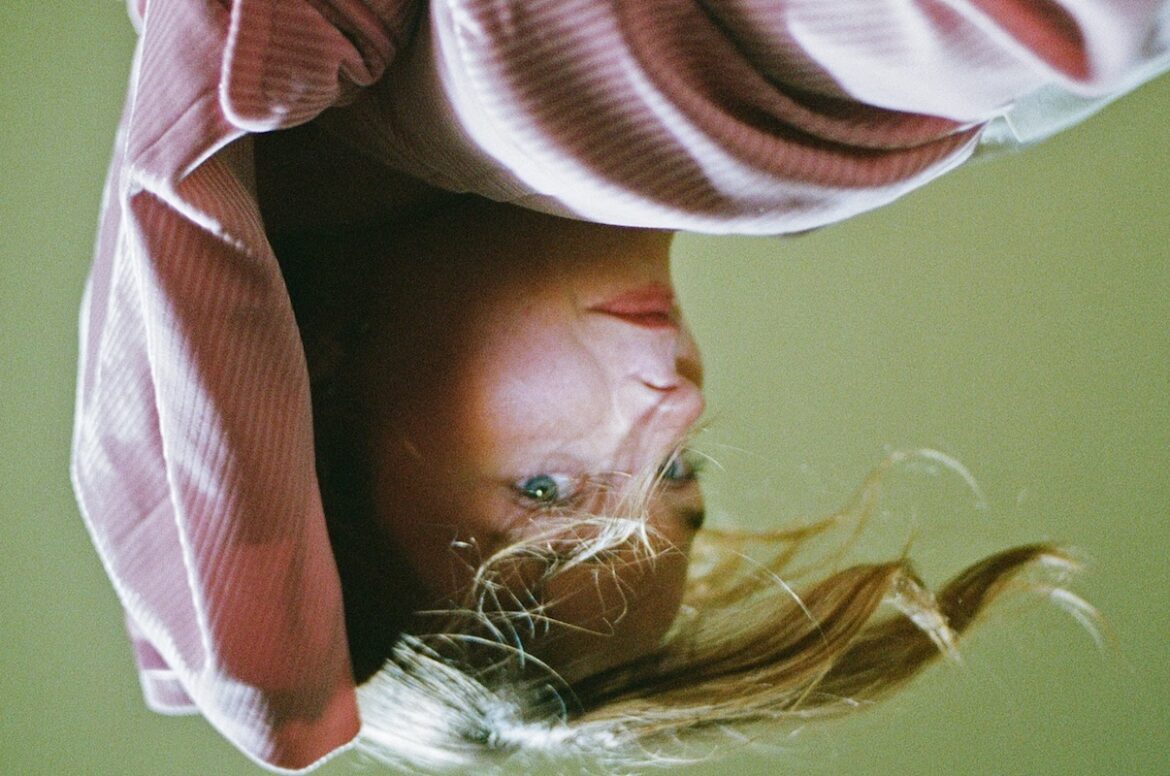
 © Boy Wonder
© Boy Wonder